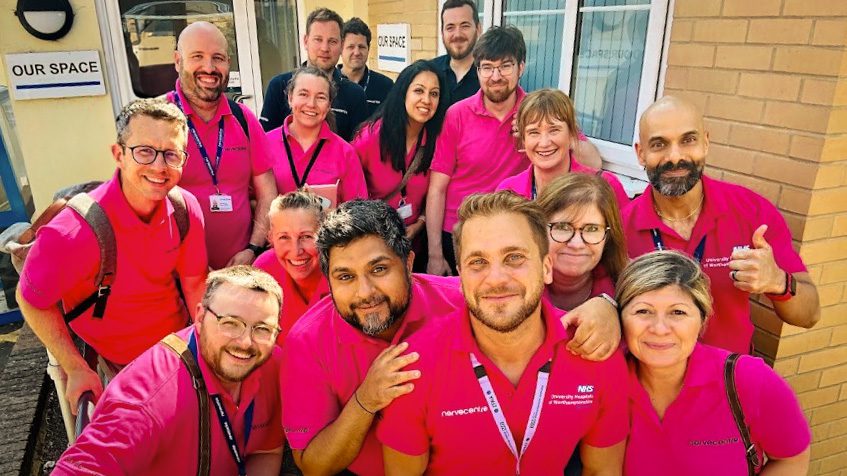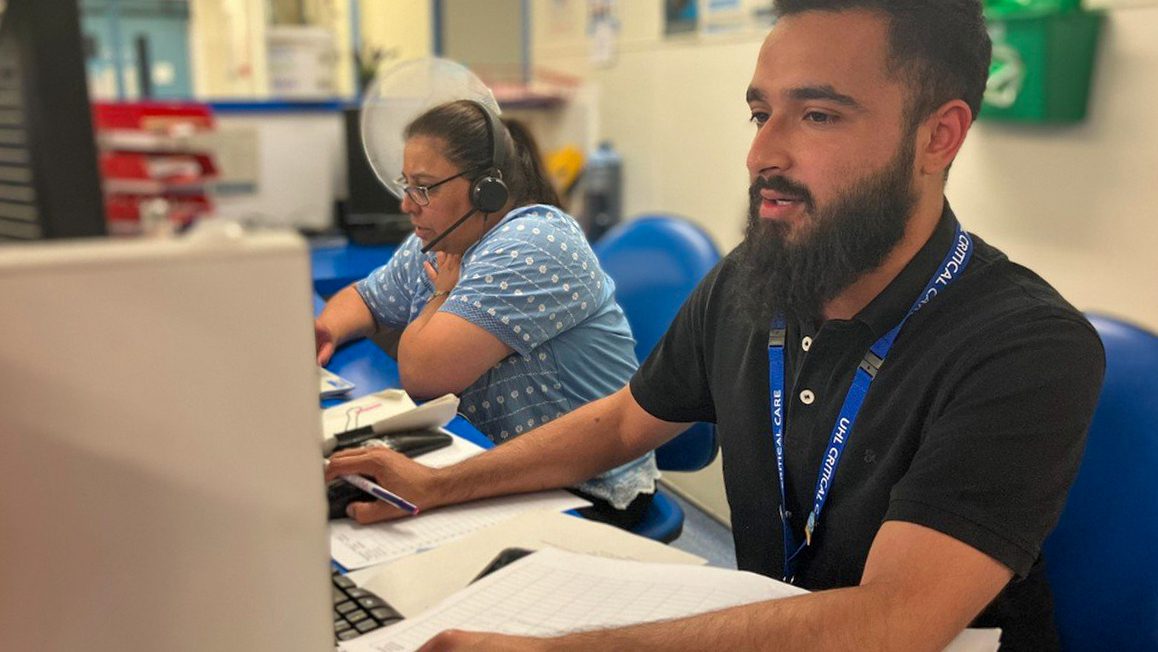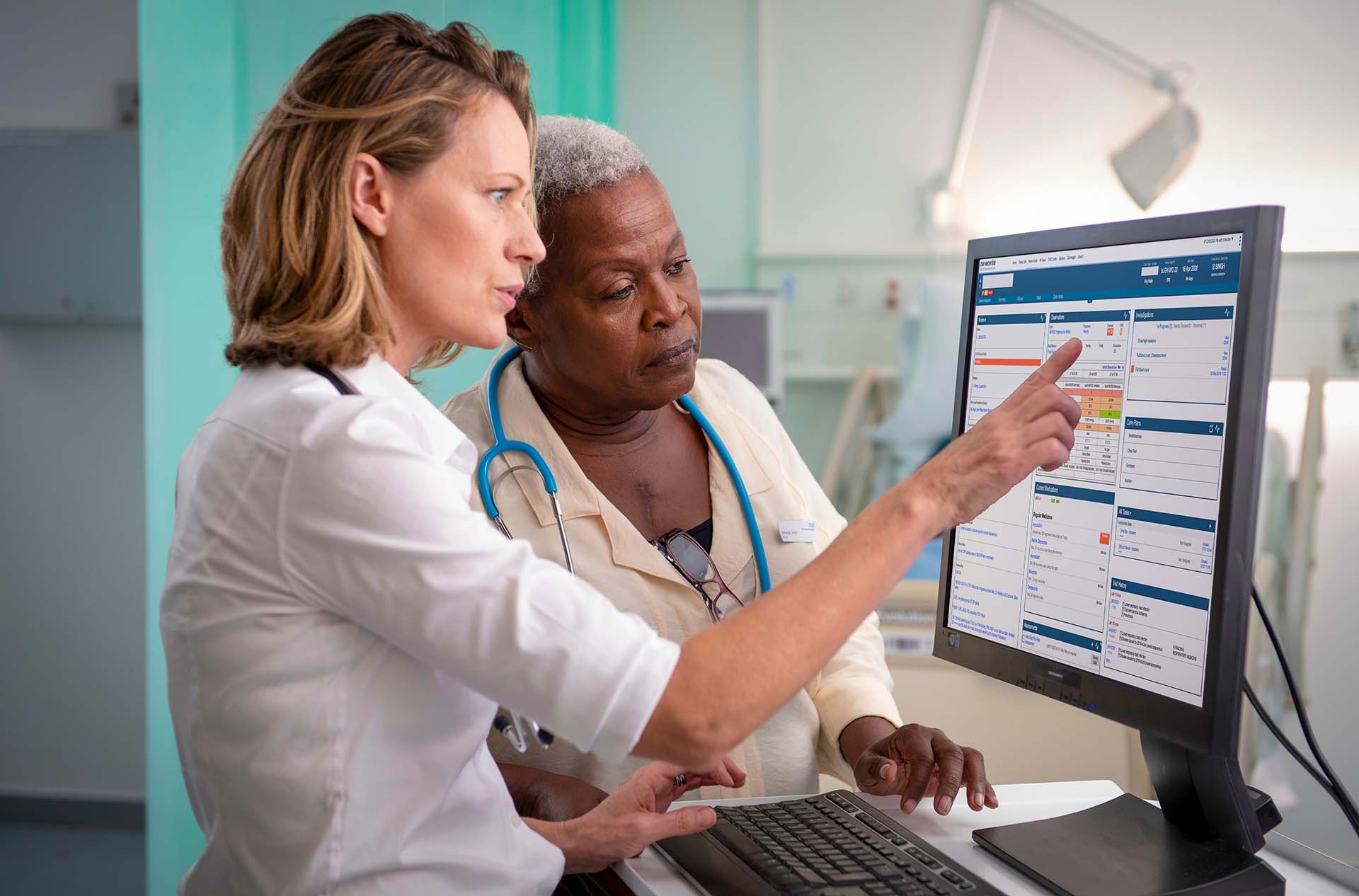NHSX and NHS England have published a list of accredited suppliers of electronic patient record solutions, to give purchasers in the NHS more confidence in their route to digitisation.
NHS England and NHSX have developed a new section on the Health Systems Support Framework to help organisations and integrated care systems get best value for money when buying new digital services, software and infrastructure.
Eight companies, including Nervecentre Software – who have been evaluated and assured to deliver the most robust systems – are on the framework’s Lot 1 list and meet a wide range of key criteria including ability to integrate with other IT systems.
Nervecentre are proud to have been selected for the EPR framework which aligns with their on-going commitment to provide modern mobile technology to give clinical and operational teams in acute settings the real-time information they need to deliver safer, faster, high quality care.
The framework was created to provide services that support the delivery of integrated care – including population health management – and the new EPR section will provide access to supplier systems able to meet the Global Digital Exemplars (GDE) standards. It will mean Trusts and other NHS entities can digitise more quickly.
“To be on this framework is testament to the hard-work, long-term innovative vision and collaborative approach Nervecentre have been building on for nearly 10 years now and a proud achievement since the launch of our Next Generation EPR only a year ago.
Expansion was always our belief by delivering clinician led products and services, designed, built and implemented with our customers at every stage.
We are delighted to be part of a framework that fits hand in hand with our own modular strategy approach to patient safety, flow and paperless goals; and look forward to partnering with NHS Trusts to integrate our mobile first EPR solution to achieve the forward-thinking healthcare digitisation plans of the NHS.
These are exciting times for Nervecentre Software, having recently agreed a 10 year partnership with Leicester’s Hospitals to build their EPR solution and now being selected for this NHS framework. Understanding the importance of mobile technology to build a 21stcentury NHS is in our DNA, and having the opportunity via the framework to engage with future customers will play a key part.”
All of the suppliers were asked to demonstrate not only how they would deliver enterprise wide solutions but also how they could provide thinner deployments that provide a basis for modular solutions (with or without SMEs and other partners), how they would support the vision set out in “The Future of healthcare: our vision for digital, data and technology in health and care” and how they would interoperate with other systems to ensure that data is available to clinicians at the point of need and to support the creation of integrated Local Health and Care Records.





